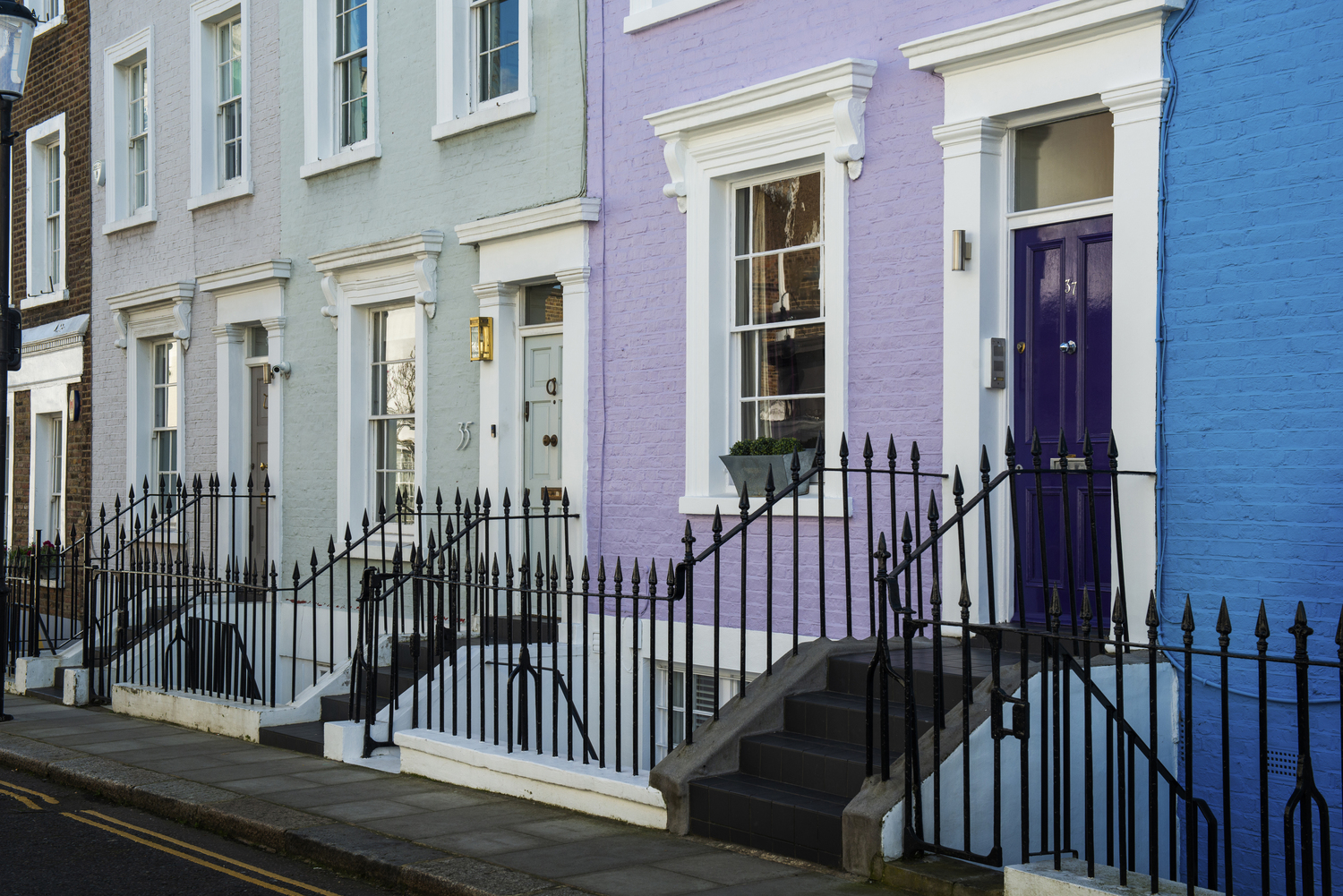
Tips for Building a Comfortable and Profitable Shophouse
Shophouses have become a popular choice in the property market, especially in urban areas. Their dual function as both a business and a residence make them attractive to investors and business owners alike. However, building a shophouse isn't something to be taken lightly. Careful planning is essential to ensure a functional, comfortable, and high-value investment.
1. Choose a Strategic Location
Location is the most important factor in building a shophouse. Ensure the shophouse is located in a high-traffic area, close to community centers, and easily accessible by vehicle. A strategic location will increase business opportunities and increase the shophouse's selling or rental value.
2. Plan a Functional Design
The design of a shophouse must accommodate its dual functions: business and residential. Some things to consider: The ground floor is for the business area, with a large open space. The upper floor is for living or storage. Good lighting and air circulation ensure a comfortable environment for both working and living.
3. Pay Attention to Legality and Permits
Before building, ensure the land has a building permit (IMB/PBG) for commercial use. Additionally, check the area's zoning regulations to ensure you don't violate spatial planning regulations. Clear legality will facilitate the sale or lease of your shophouse.
4. Use Quality Materials
Shophouses are typically used for long-term periods with high activity levels. Therefore, use building materials that are strong, durable, and easy to maintain. For example, scratch-resistant ceramic flooring, aluminum doors and windows, and weather-resistant exterior paint.
5. Prepare a Parking Area
Parking is often a major problem for shophouses. Provide sufficient parking space for both customers and residents. If space is limited, consider a vertical or semi-basement parking design.
6. Consider Accessibility and Security
A good shophouse should be easily accessible by pedestrians and vehicles. Furthermore, ensure it has a security system such as CCTV, rolling doors, and adequate outdoor lighting.
7. Design with a Flexible Concept
Business trends are always changing. Therefore, shophouse designs should be flexible so they can be easily adapted to various types of businesses, from shops and cafes to offices and clinics. This will increase the shophouse's appeal to future tenants and buyers.
8. Calculate Costs and Investment Potential
Building a shophouse is a long-term investment. Make detailed calculations of construction costs, potential rental profits, and projected land value increases. This will ensure your shophouse development is more focused and minimizes risk.
So, after considering all the factors above, building a shophouse requires a well-thought-out strategy, from site selection and design to legal aspects. When designed well, a shophouse becomes more than just a place of business, but also a property asset that can yield significant future profits.
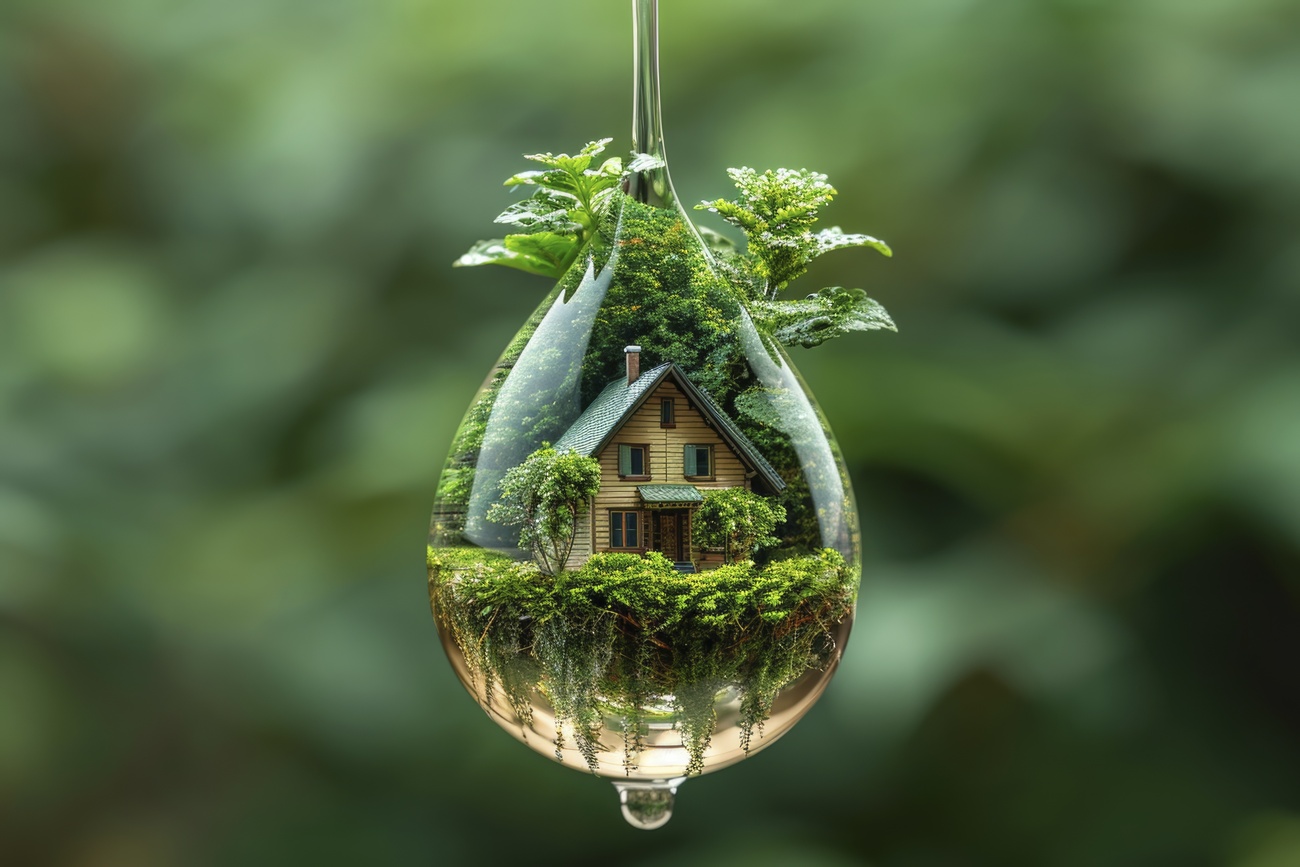
Date: February 11, 2026
In recent years, eco-friendly properties have shifted from being a niche market to becoming a mainstream real estate trend. As climate awareness increases and energy costs rise, buyers are paying closer attention to sustainability features. But the key question remains: are eco-friendly properties a ...
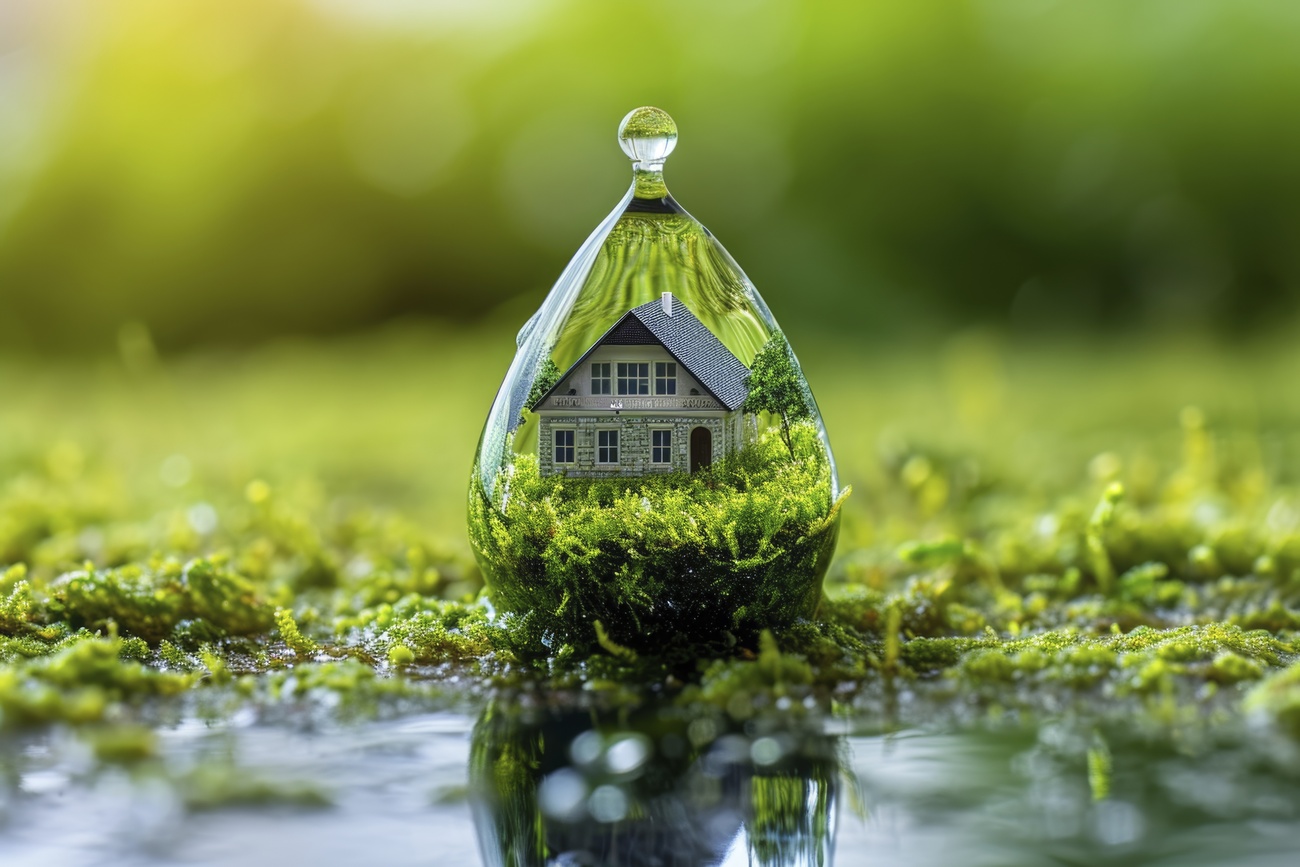
Date: February 12, 2026
In today’s hyper-connected world, selling property is no longer just about location, price, and presentation. Buyers now operate in an era of radical digital transparency where reviews, transaction history, market comparisons, and agent reputations are just a click away. In this environment, trust ...

Date: February 13, 2026
Property investment has long been considered one of the most reliable ways to build wealth. From rental income to long-term appreciation, real estate offers attractive opportunities. However, many investors especially beginners make critical mistakes that can lead to financial losses, stress, and mi ...
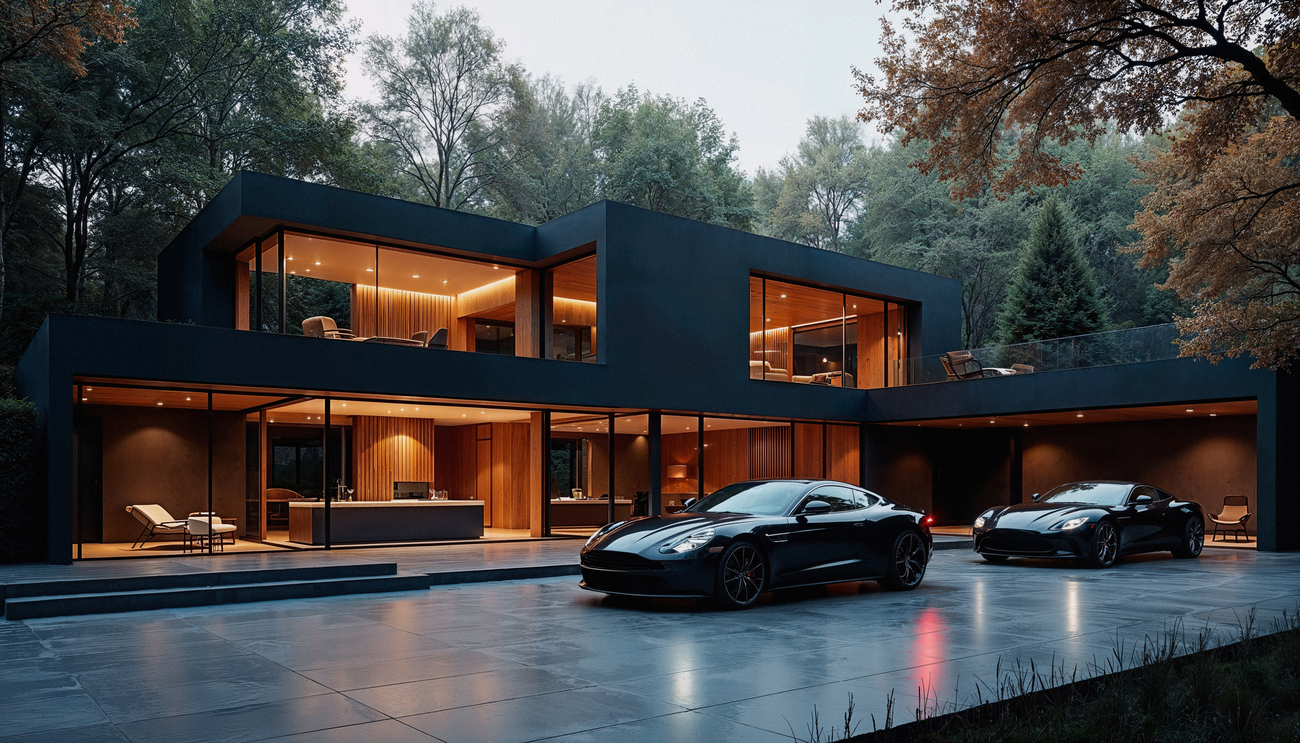
Date: February 07, 2026
In 2026, the property market is no longer driven by a single motivation. Buyer today is divided between two main perspectives: housing as a financial asset and housing as a lifestyle choice. While both views are valid, understanding the difference is crucial before making one of the biggest decision ...
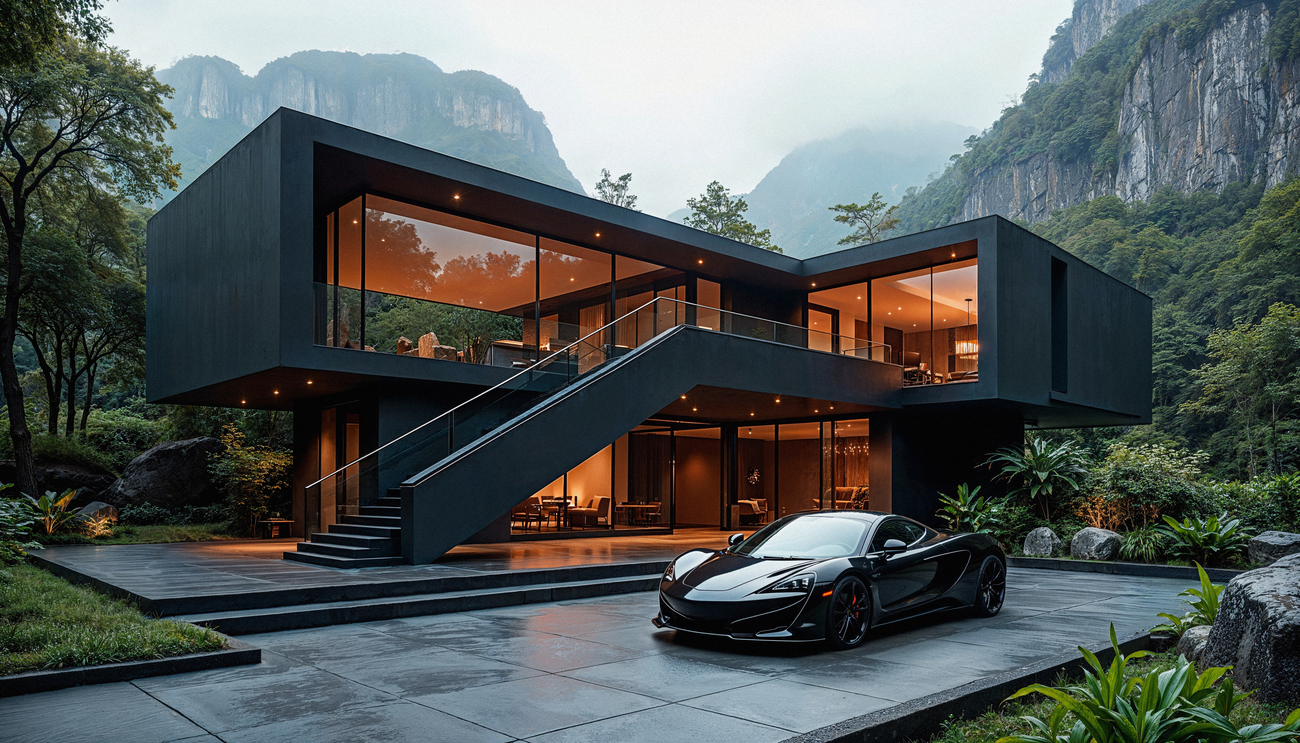
Date: February 08, 2026
The property market is booming, with new residential projects launching almost every month. While this offers buyers more choices, it also makes selecting a trusted property developer more challenging. Choosing the wrong developer can lead to delays, poor construction quality, or even legal issues. ...
Ala Land Bali — a magical place for the real you
BECOME PART OF THE HISTORY Share your contact details, and our manager will reach out
with full project details

